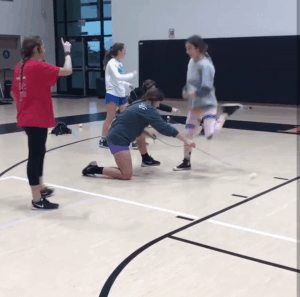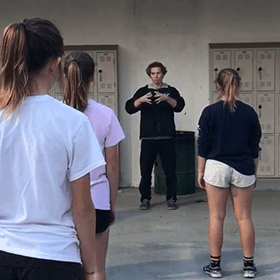 1. How would you define your personal practice?
1. How would you define your personal practice?
It’s about self-realization.
Searching for self-expression through different mediums.
Who am I and what am I capable of?
What feeling or meaning can I create?
2. What turning points have you encountered on your movement journey?
I wish I could blow your hair back with exciting turning points, but in all honesty, it has been a slow and consistent journey, starting as a young boy. I’m simply curious and enjoy learning new things. This has led me to have many valuable experiences, but none of which outshines the others.
3. What role has injury played in cultivating your current niche?
I’ve never had any catastrophic injuries, but I seriously abused my body during my teenage years. I didn’t really look at a sprained ankle or broken arm as an injury, I kept going regardless. Looking back, this was obviously an arrogant and misguided mindset. My peer group and I left a great deal of potential on the table due to a lack of education. This realization has been a major driving force in the work that I do.
4. Do you consider yourself a teacher? Why or why not?
Depending on what perspective I take in my interactions, everyone can be a teacher. I look at what I do as a collaboration. I’m here to learn with others, regardless of labels.
5. What has been your experience with physical education, both in the schooling system and sought out knowledge/ know-how elsewhere?
Unfortunately, P.E. was a joke to almost everyone in my class. What’s weird is, it’s not like we didn’t enjoy being active. I played outside with my friends daily after school and was always involved in athletics outside of school. So where is the disconnect?
Dress out, sit on your number, run a timed mile and learn rules of different sports. I remember asking one P.E. teacher why I failed the sit and reach test every year and she replied: “boys aren’t naturally flexible”.
What’s important to offer kids in a P.E. curriculum?
What do we want kids to walk away with after a school year?
We might find that the people writing standards and curriculums are lacking in their practical understanding.
Too much schooling is based upon memorizing concepts and theories, without much emphasis on feeling or understanding through experiences. The school system is promoting more robotic parrots than it is cultivating intelligent people. It’s a difficult sell when something can’t be packaged and automated so everyone can have the same program. Hitting target numbers and mindlessly checking boxes is the norm.
These were the types of learning environments that I grew up in.
The private sector has provided me the greatest knowledge, but it has been expensive and not well respected on a resume. I hope that we can bring more quality education to people within the school system.
6. How do you involve your mind/ emotions into your physical routines?
It’s everything. Intention will make or break anyone’s practice. These are the intangibles that aren’t easily conveyed or felt, especially in a culture that is captivated by the superficial aspects of physicality.
7. What are your personal aspirations regarding movement? How do you hope to find purpose and use in the skills you have built?
I’d like to be part of a team that changes learning outcomes for physical education and eventually all subjects. The school system is about shoving as much material as possible down kid’s throats, scoring well on standardized tests and maintaining budgets. It’s obvious that we can do better, but most administrators and teachers are either complacent or afraid to risk losing their job by offering something different. It’s going to take very patient, motivated people, who are willing to sacrifice their time and money, in hopes that we can make an impact that future generations can see through.
8. How can people find/ contact you? Do you have a site or social media handle to share?
@performanceform on facebook and instagram. Thank-you for the support!
Michael Ryan
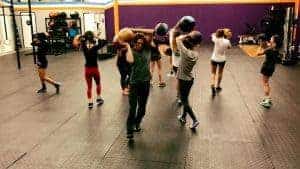
On Teaching
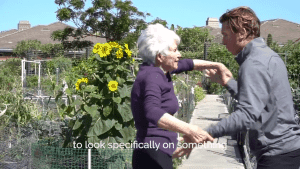
Elderly ‘Exercise’
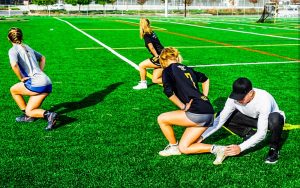
The Science of Buy-In
